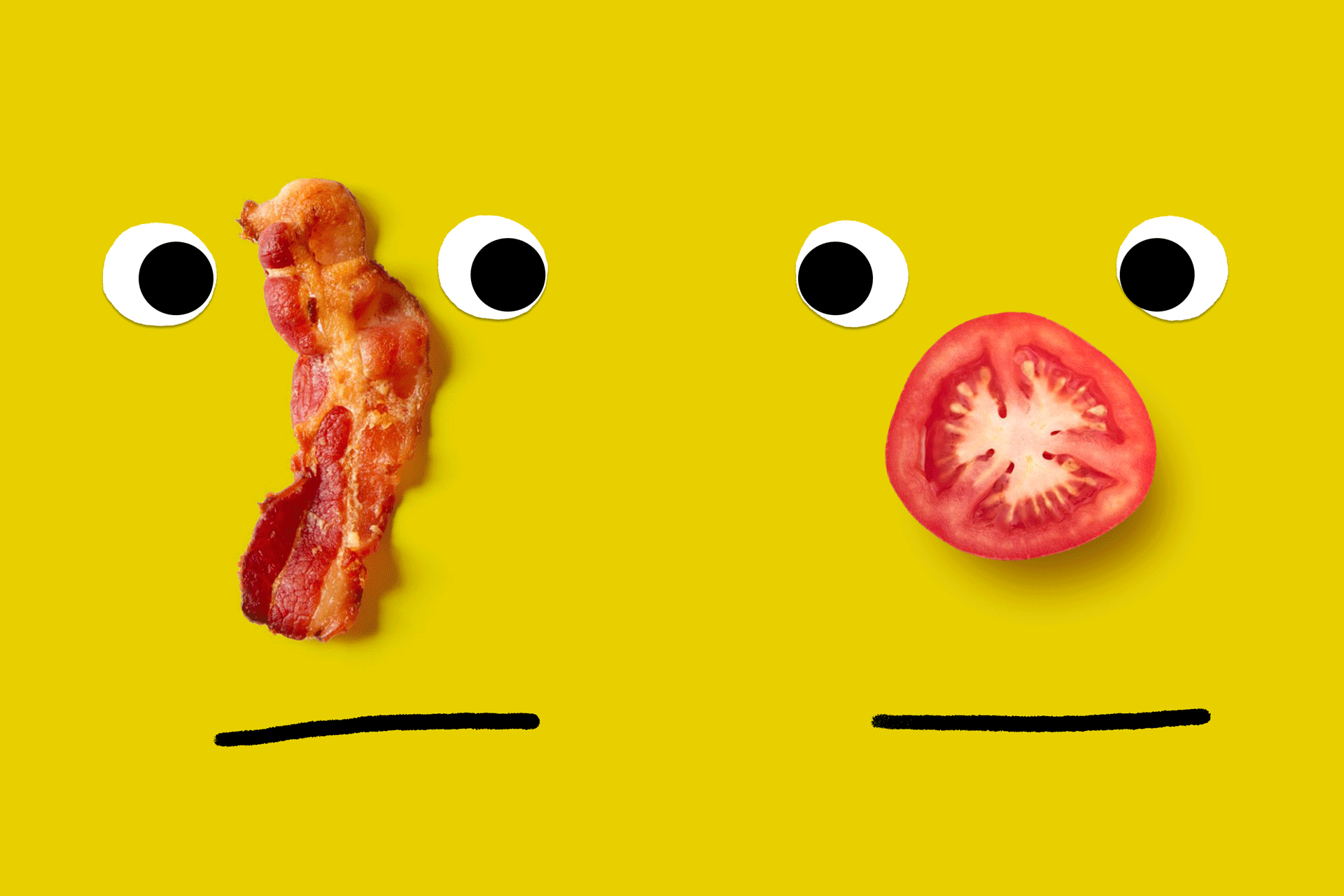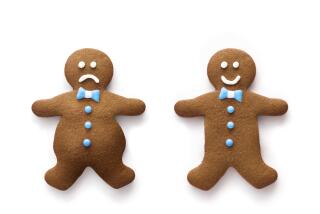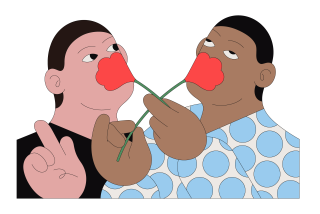To many, fat stigma makes obesity smell foul
- Share via
Experimental subjects who were tricked into thinking they should smell something reported they smelled less pleasant odors when they viewed pictures of overweight and obese people than when they gazed at trim individuals, new research has found.
The experimental exercise, conducted by psychology professors at UCLA, is a clever way to smoke out “implicit association “-- or prejudice that lies beneath the level of conscious awareness. While similar exercises have been used to explore racial and other forms of prejudice, heavy individuals in this case were shown to receive the stigma.
The new findings “suggest that the extent of negative bias toward overweight individuals may be greater than previously assumed,” the authors of the study wrote. Previous research, they noted, suggests that prejudice against the obese -- in employment, healthcare and education -- is on the rise. They cited studies in which overweight individuals have been found to provoke “more feelings of disgust than 12 historically stigmatized groups (homeless individuals, persons with mental illness, etc.).”
The latest research, published in the International Journal of Obesity, reflect the judgments of 245 undergraduates who were asked to sniff “scent samples” and rate the odor they were presented while also viewing images of people and things.
While the objects they saw in pictures were intended to evoke neutral feelings -- a hammer, a wooden desk, a doorknob -- the object of the researchers’ interest was subjects’ reactions to the people pictured. Taken from “before-and-after” sequences of very heavy people who had lost a significant amount of weight, the photographs alternated between people of normal, healthy weight and others who were overweight or obese.
In fact, the “scent samples” subjects were asked to rate had no smell at all: they were made by mixing a fragrance-free body lotion with different shades of food coloring and brushing the result onto a card waved under a subject’s nose.
Told that experimenters were assessing factors related to appetite, subjects were asked to award 1 to 12 stars to each “scent” they were presented -- each time, while viewing a different image.
On average, “scents” presented while subjects were viewing a slim person were rated as significantly more pleasant than those presented while subjects looked at pictures of a heavy person. Images of neutral objects prompted subjects, generally, to rate a “scent” somewhere in between.
Intriguingly, subjects who were themselves overweight or obese appeared to be among the harshest judges of individuals who were heavy.
Prejudice against the obese may not be new. But as public health officials have escalated their war on fat, they may be generating considerable collateral damage among those they maintain they are trying to help.
How does olfaction -- our sense of smell -- reveal our prejudices? The authors of the new study note that neuroscientists have found that what we see and what we smell, when presented together, often get tied closely together in the hippocampus, a brain region that plays a key role in learning and memory.
Incollingo Rodriguez, the study’s lead author, said while some people are overtly biased, others may not even be aware that they harbor negative feelings toward heavy people.
But many believe the first step toward addressing unconscious prejudice is to unmask it: to make the implicit explicit.
“This is the first step in proving that the consequences of weight stigma could be very widespread in ways that we don’t even know,” said A. Janet Tomiyama, an assistant professor of psychology at UCLA and coauthor of the paper.
“There are no checks and balances on weight stigma in the way you would see with racism, sexism or homophobia,” Tomiyama said.
Follow me on Twitter @LATMelissaHealy and “like” Los Angeles Times Science & Health on Facebook.







